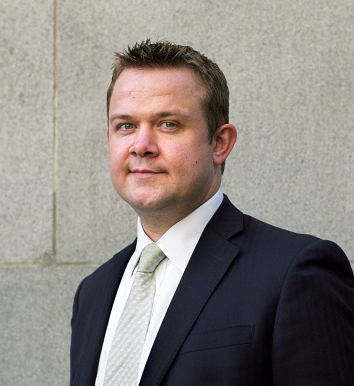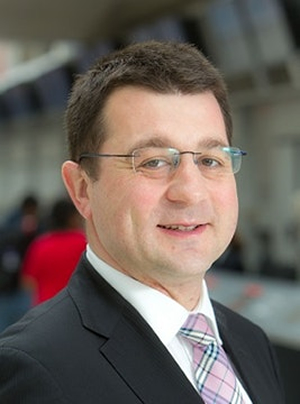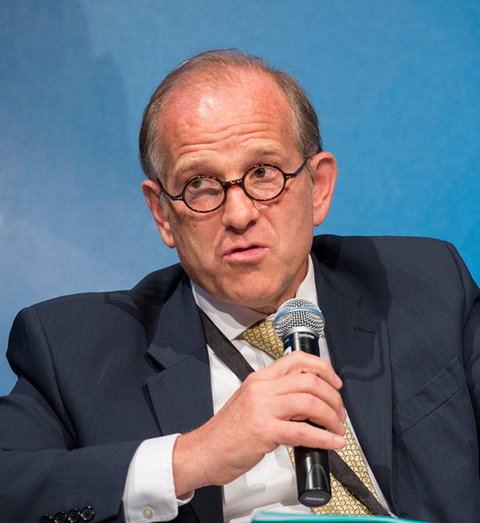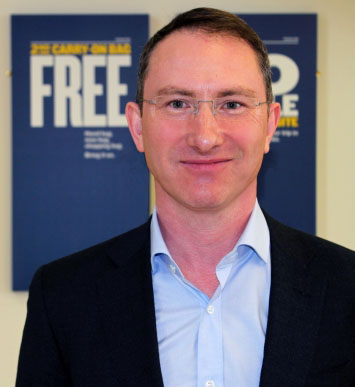From the Experts
Tackling drunk and disruptive passengers on flights
The briefing on connected aviation
The news, views and numbers you need to know this month
E
arlier in August, the Institute of Alcohol Studies (IAS) and the European Alcohol Policy Alliance released a report, revealing that three out of five British adults who travel by air (60%) have encountered drunken passengers while in the air.
The ‘Fit to Fly’ report, which highlighted broad public support for further controls on alcohol sales at UK airports and on-board aircraft, noted that while there are existing legal and voluntary measures in place to address the problem, they are not sufficiently curbing alcohol-related incidents.
The majority of Brits (51%) believe that there is a serious problem with excessive alcohol consumption in airports and on aircraft. Drunk passengers who become aggressive on planes threaten the safety of other passengers, with cabin crew reporting incidents of sexual harassment and other abuse.
Coinciding with the new report, travel retailers, airports and airlines in the UK joined forces to launch a summer passenger awareness campaign on the consequences of irresponsible drinking while flying. The ‘One Too Many’ campaign is the first-of-its-kind, bringing together the UK’s main aviation industry partners. Here, industry experts weigh in on the problem.

Richard Stephenson, director of the UK Civil Aviation Authority
Everyone wants their holiday flights to be enjoyable and trouble-free. Drunken and abusive behaviour on an aeroplane is totally unacceptable. Not only does it upset everyone else, but it can also jeopardise flight safety. Criminal charges should be brought against offenders more often to act as a deterrent.
Image courtesy of PR Week

Jennifer Keen, head of policy at the IAS
The government needs to do more to protect ordinary passengers from those who get drunk and aggressive. There is no clear reason why shops and bars in airports should be exempted from normal licensing rules when drunk people in the air are a much bigger safety risk to others than drunk people in the high street.
Image courtesy of IAS
Phil Ward, managing director of Jet2.com
Although our crew and colleagues are highly-trained and do a fantastic job in sometimes difficult circumstances, it is unfair that they must be left to manage the consequences of excessive alcohol consumption. At the same time, our customers travelling on their well-earned holidays should not be subjected to such behaviour on such occasions.
Image courtesy of

Francois Bourienne, chair of the UK Travel Retail Forum (UKTRF)
It is an offence to be drunk on a place. Not least to other passengers. The One Too Many campaign is to remind people of the consequences of irresponsible drinking at any stage of their journey and to highlight the fact that, while serious disruptive behaviour remains rare, it can be costly and cause delays.
Image courtesy of UK TRF

Rafael Schvartzman, regional vice president Europe at IATA
While we should remember that disruptive passenger incidents are still relatively rare, they rank in the top three concerns of cabin crew, and any incident is one too many. Airlines have a zero-tolerance approach to unruly behaviour and cabin crew and passengers have a right to fly free from disturbance and harassment.
Image courtesy of ITF via Flickr
Spokesperson for the Home Office
There are already tough penalties for drunkenness on an aircraft – you can be imprisoned for up to two years or given an unlimited fine. Pilots also have the power to remove passengers from the plane if they are drunk and the safety of the aircraft or its passengers is threatened.

Diarmuid Ó Conghaile, director of public affairs at Ryanair
Ryanair welcomes this report… highlighting the problems associated with the misuse of alcohol by a small number of passengers, which creates disturbance and disruption to others. Regulatory measures are available to address this problem, including amending licensing laws for airports and statutory prohibition of consumption on an aircraft of alcohol which a passenger has brought with him/her.
Image courtesy of ACI

Baroness Sugg, UK Minister for Aviation
Disruptive passengers have the potential to ruin other people’s flights, and this campaign is an important new step to ensure all passengers are aware of the consequences they face if they behave disruptively after drinking before or on board a flight. I am pleased to see the industry come together to ensure the experiences at our airports and on flights remain positive for everyone.
Image courtesy of UK Government